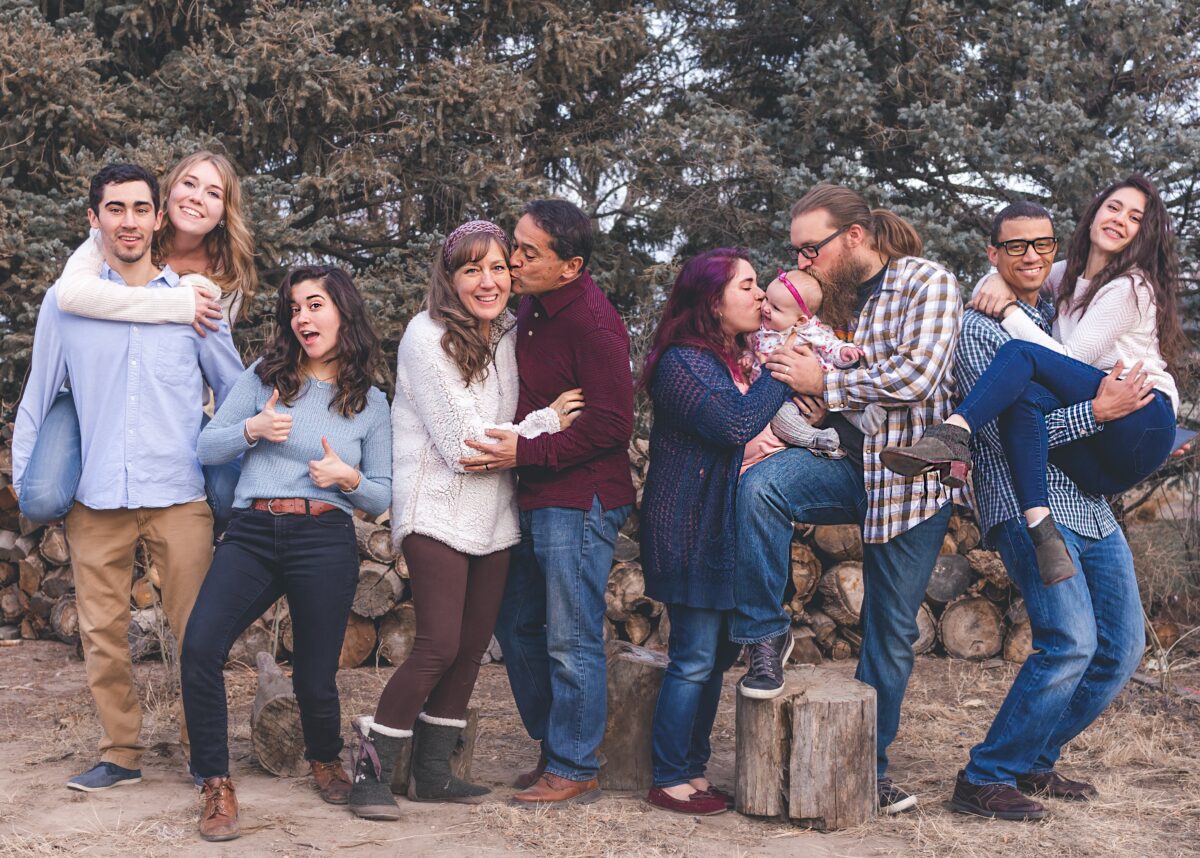I have many thoughts about family business succession. Here are a few of them:
- Let’s say that Mom and Dad started a business many years ago and built it into an enterprise worth $20 million. They have two children who are working in the business (the “Active Kids”) and two who are not (the “Other Kids”). The tax plan has Mom and Dad convert their common shares into fixed value shares worth $20 million (the “Freeze Shares”) and then issue new common shares to the Active Kids for $1.00 (the “New Common Shares”). Typically the Freeze Shares will be redeemable and retractable (redeemable at the option of the shareholder).
- If you are in Ontario and the Active Kids are married, think about whether Mom and Dad should subscribe for the New Common Shares and then gift them to the Active Kids with a stipulation that the gift and any increase in the value of the gift are to be excluded from their net family property so that if they get divorced their spouses will not share in the value of those shares.
- What should the shareholders agreement look like? Perhaps Mom and Dad should retain control until the Freeze Shares are redeemed as well as have the right to purchase the New Common Shares back from the Active Kids if Mom and Dad do not like how things are going. Maybe the Active Kids should have no exit mechanism (other than on death or disability) until the Freeze Shares have been redeemed and then there should be a shotgun provision or other divorce mechanism applicable between the Active Kids.
- And what if Mom and Dad die holding the Freeze Shares? Should their wills provide for them to be left to the Active Kids and leave other assets to the Other Kids? Or do we really want the Other Kids trying to retract the Freeze Shares the day after the second funeral?
- Now let’s say that Mom and Dad die owning the building in which the business operates and bequeath it equally to all four children. It follows, as the night follows the day, that the Active Kids will think that the rent is too high and the Other Kids will think that the rent is too low. Maybe there should be a long-term lease which provides for the rent to be adjusted every 5 years based on the fair market rental value of the premises as agreed or settled by arbitration.
- Should a human resources professional be retained to: (i) create job descriptions for the Active Kids, so that when Mom and Dad are not around to make sure that the Active Kids play nicely together, they will stay in their own lanes; and (ii) value the jobs to be done by each of the Active Kids so that they will be paid what they are worth on the open market as opposed to both being paid the same amounts. That could possibly avoid some resentments and tensions from building up.
- Mom and Dad can also think about whether both of the Active Kids should be equal shareholders. Perhaps, as one of my clients decided, one of the Active Kids should hold 51% of the common shares and the other should hold 49% of the common shares. In that case we provided that the 51% shareholder could insist that his brother sell his shares for 125% of fair market value, and the 49% shareholder could insist that his brother buy his shares for 75% of fair market value. There was a way out, but with a strong disincentive not to trigger it. It worked for that particular family.
